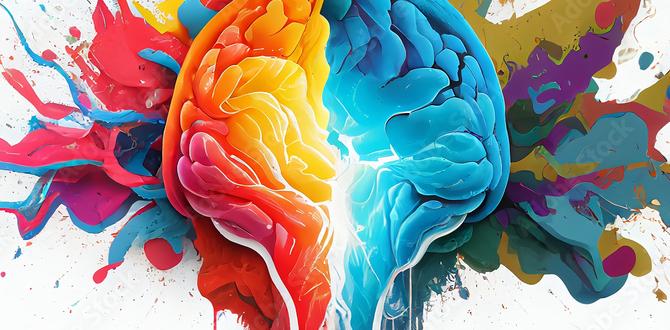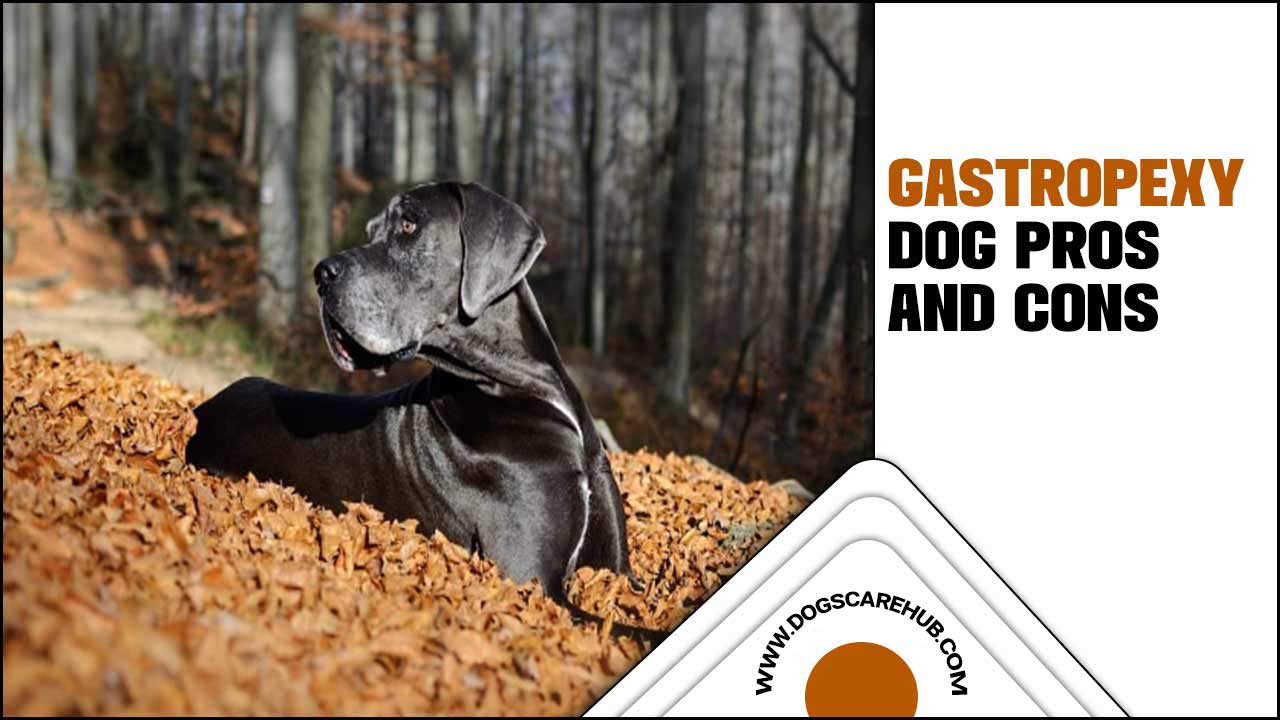When we think about our canine companions, physical exercise often takes center stage. We envision long walks, vigorous runs, and energetic play sessions. While crucial, it’s equally important to remember that our dogs need just as much dog mental stimulation advice to thrive. Just like humans, their minds require engagement and challenge to remain healthy, happy, and well-behaved. A bored dog can quickly become a destructive dog, prone to anxiety, lethargy, or even aggression. Fortunately, providing ample mental workouts for your furry friend is not only achievable but incredibly rewarding.
Why is Mental Stimulation So Important for Dogs?
The benefits of engaging your dog’s mind are far-reaching. Mentally stimulated dogs are generally:
Less bored and destructive: When their minds are occupied, they’re less likely to chew on furniture, dig up the garden, or bark excessively.
Calmer and more relaxed: Mental fatigue can be just as effective as physical fatigue in promoting a sense of peace.
Better behaved: Training and puzzle-solving strengthen the bond between you and your dog, making them more responsive and easier to manage.
More confident and resilient: Overcoming challenges, even small ones, builds their self-esteem and ability to cope with new situations.
Healthier: A stimulated mind can contribute to overall well-being and may even help ward off cognitive decline in senior dogs.
Essential Dog Mental Stimulation Advice: Everyday Enrichment
Integrating mental stimulation into your dog’s daily routine doesn’t require a complete overhaul of your schedule. Simple, consistent efforts can make a significant difference.
1. Harness the Power of Play
Play is a fantastic way to engage your dog’s mind. Beyond just fetching, consider:
Interactive Games: Games like “find it” (hiding treats or toys), tug-of-war (with rules!), or even a simple game of hide-and-seek with you are excellent for problem-solving and scent work.
Trick Training: Teaching new tricks, even basic ones like “shake” or “roll over,” provides mental challenge and reinforces your bond. Break down complex tricks into smaller steps for easier learning.
Nose Work: Dogs have an incredible sense of smell. Use this to your advantage! Hide their favorite treats around the house or yard and let them sniff them out. This is incredibly rewarding and uses their natural instincts.
2. Puzzle Toys and Food Dispensing Challenges
This is where much of our dog mental stimulation advice often begins. Puzzle toys are designed to make dogs work for their food or treats, engaging their problem-solving skills.
Beginner Puzzles: Start with easy puzzles, like a Kong toy stuffed with peanut butter or kibble. As your dog gets the hang of it, you can progress to more complex toys that require them to slide, lift, or rotate parts to access rewards.
DIY Options: You don’t need to buy expensive toys. Stuff an old towel with treats and tie it into knots for a simple scent and retrieval challenge. Or, use a muffin tin with tennis balls covering treats in some of the cups.
Slow Feeders: Even if your dog isn’t exhibiting destructive behavior, using slow feeder bowls or mats can turn mealtime into a more engaging experience.
3. Socialization and New Experiences
Exposure to new environments, people, and other well-behaved dogs is crucial for a dog’s mental development and can prevent fear-based behaviors.
Controlled Introductions: Ensure introductions are positive and supervised. For dogs who are timid or reactive, start with short, positive encounters at a distance and gradually decrease the space.
Visit New Places: Take your dog to different parks, pet-friendly stores, or even just on a new walking route. New sights, sounds, and smells provide a wealth of sensory input.
Training Classes: Obedience classes not only teach valuable skills but also provide structured interaction with other dogs and people in a controlled environment.
Advanced Dog Mental Stimulation Advice for Enthusiasts
Once you’ve established a solid foundation of daily enrichment, you can explore more advanced options to keep your dog’s mind sharp and engaged.
1. Advanced Training and Dog Sports
Agility: This sport involves navigating an obstacle course, requiring focus, problem-solving, and athleticism. It’s a fantastic way to combine physical and mental exertion.
Flyball or Disc Dog: These fast-paced sports demand speed, coordination, and responsiveness, providing an excellent mental workout.
Scent Training: Beyond simple “find it” games, you can train your dog to identify specific scents. This taps into their most powerful sense and can be a truly rewarding endeavor.
2. Incorporating “Real World” Problem Solving
Sometimes, the most effective mental stimulation comes from allowing your dog to figure things out.
Controlled Frustration: If your dog is struggling to reach a toy just out of reach, resist the urge to immediately help them. Let them try to figure it out for a short period. If they get frustrated, offer gentle guidance, but prioritize their independent problem-solving.
New Routes and Obstacles: When walking, introduce new routes with different terrain or natural obstacles (e.g., logs to step over, shallow streams to cross). This challenges their balance and spatial awareness.
Avoiding Overwhelm and Ensuring Safety
While it’s exciting to explore these options, remember to tailor mental stimulation to your individual dog’s age, breed, energy level, and personality.
Start Slow: Don’t introduce too many new activities at once. Let your dog adjust and build confidence.
Observe Your Dog: Pay attention to their cues. If they’re showing signs of stress, frustration, or disinterest, it’s time to switch gears or take a break.
Safety First: Ensure all toys are safe and appropriate for your dog’s size and chewing habits. Supervise them, especially with new puzzles or games.
* Quality over Quantity: A few well-chosen, engaging activities each day are far more beneficial than overstimulating your dog to the point of exhaustion or anxiety.
Providing consistent dog mental stimulation advice is an ongoing journey, not a destination. By understanding your dog’s needs and incorporating a variety of engaging activities into their lives, you’ll foster a happier, healthier, and more well-adjusted canine companion. The rewards of a mentally stimulated dog – that bright-eyed eagerness and calm contentment – are truly immeasurable.
Meet Elyse Colburn, the devoted canine companion and storyteller behind the enchanting world of “Tales, Tails, and Adventures Unleashed.” A passionate dog enthusiast with a heart full of paw prints, Elyse Colburn shares heartwarming tales and insightful adventures, celebrating the joy, loyalty, and endless antics that make every dog a true hero. Join Elyse Colburn on this tail-wagging journey, where every post is a love letter to our four-legged friends.






